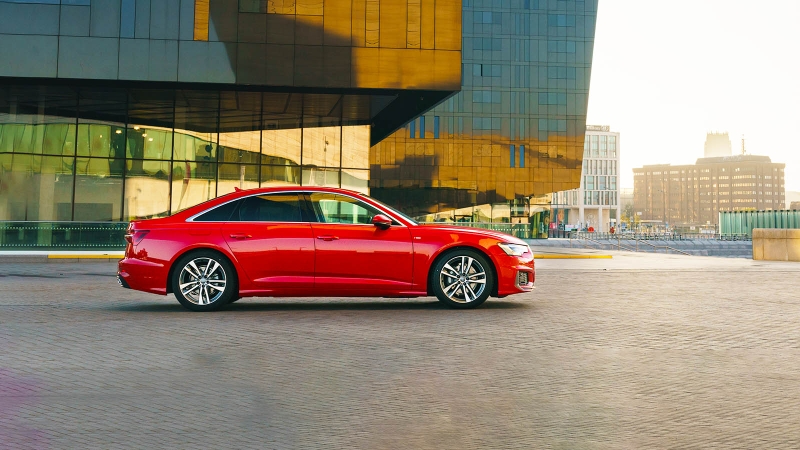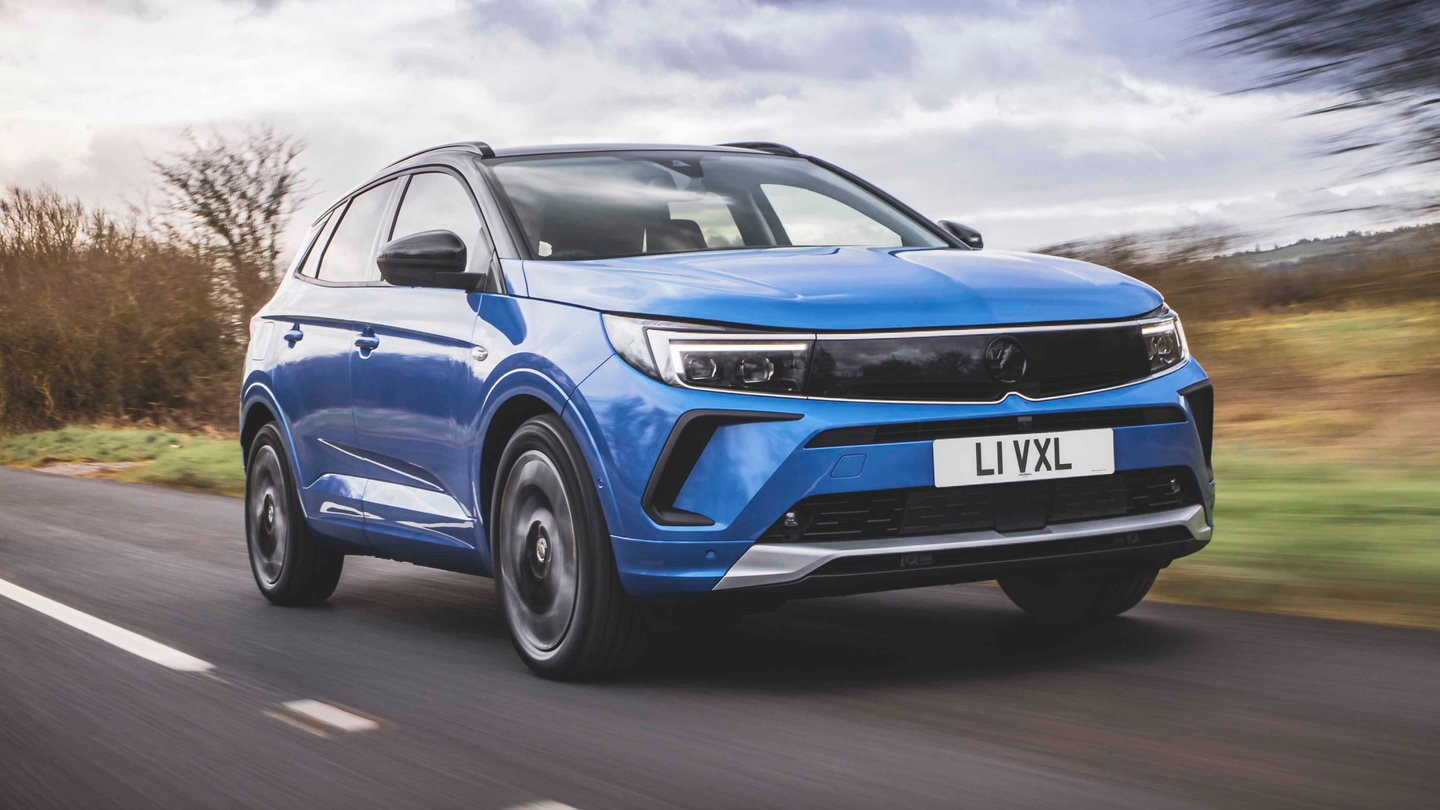








Volkswagen Arteon review

The Arteon takes the Passat's practical recipe and adds a dash of style and technology.
It's certainly more eye-catching than its sibling, and it's both practical and economical enough to tempt you away from the Audi A5 and BMW 4 Series Gran Coupe – though it's not as interesting to drive as either rival.
- Reasonably posh interiors
- Excellent practicality
- Smart styling
- Expensive when new
- Not that fun to drive
- R version not that exciting
Should I buy a Volkswagen Arteon?
The Volkswagen Arteon is a bit like Dame Helen Mirren. It may be one of the more senior members of Volkswagen's lineup, but it's exceptionally talented and brings some much-needed beauty to proceedings – especially in estate-like Arteon Shooting Brake form.
Based on the same platform as the humdrum Passat, the Arteon shares that car's do-it-all big boot, spacious rear seats and solid build quality, the latter of which has been missing from newer VWs. We love the way the Arteon's cabin cocoons you, with air vents stretching away across a soft-touch dashboard.
Normally we'd whinge about the Arteon's infotainment screen being a few generations old but, given how dire VW's latest offerings have been, we're happier using the Arteon's system, especially considering it has wireless Apple CarPlay for easy navigation.
Standard equipment is a mixed bag – all models get all-round parking sensors, but a reversing camera is only included on top-spec Elegance models and not R-Line ones. Considering the Arteon's nearly 4.9m long, that's a big miss.
Luckily, there's a decent engine lineup, including a 1.5-litre petrol with 150hp, up through 2.0-litre petrols and diesels, along with a 1.4-litre plug-in hybrid that can cover 30 miles on a charge, and a quick 320hp petrol in the sporty Arteon R.
You're treated to a comfy and refined cruising experience whichever engine you choose, but the Arteon doesn't give you the sporty thrills you get from the BMW 4 Series on a twisty road.
We love the mix of style, refinement and practicality the Arteon offers, so it's well worth checking out if you're in the market for a big family car or refined motorway cruiser.
Practicality
Our biggest criticism of the Arteon's interior is that it's a resolutely grey place – we've seen gaudier battleships. Build quality feels good though, and there's a satisfying 'clunk' when you shut the doors, just like Volkswagens of old.
A bit of high-tech flair is injected by way of a 10-inch digital dashboard on Elegance models and above, allowing you to see your speed, mpg and other driving data without having to subject your eyes to analogue dials. It'll never catch on. The eight-inch infotainment system can be upgraded to a nine-inch system as an option, but both systems get on with the job just fine. They're not the sharpest or most responsive screens, but they do have wireless smartphone mirroring systems to take the hassle out of getting to your destination or streaming a podcast.
Storage throughout the cabin is pretty good, however, and rear-seat passengers have plenty of room to stretch out. Only a Skoda Superb will get you more rear-seat space – for a bit less money, too – and the Arteon's rear pews are nicely reclined for a snooze-tastic passenger experience.
Boot space is also strong at 563 litres – but it's the access that really impresses because the Arteon's actually a large hatchback, not a saloon. This means you have a nice high opening to drop objects into the boot, rather than having to post objects in, as you would in a BMW 3 Series or Audi A4.
Want even more space? The Arteon Shooting Brake's 565-litre boot is only two litres bigger than the hatchback's, but there's loads more room above the window-line for big trips. We took one on a family holiday to France with two young kids and had plenty of room for buckets, spades, baguettes and bottles of parental coping vin.
Engines and performance
The Arteon's engine range includes a mix of diesels and petrols, with a plug-in hybrid option that can travel about 30 miles on a single charge. The entry-level 1.5-litre petrol with 150hp is only available with a manual gearbox which doesn't feel in keeping with the Arteon's long-distance cruising nature, so we'd pick a 2.0-litre petrol with 190hp, or a 2.0-litre diesel with about the same amount of power.
In our experience living with the 190hp 2.0-litre petrol for a few months, you'll see about 43mpg on a gentle cruise, and 38mpg or thereabouts if you boot it hard off a few roundabouts. Performance from all engines is plenty good enough for comfortable cruising in the fast lane of a motorway.
The Arteon R uses a 320hp 2.0-litre petrol engine to propel the Arteon to 62mph in just under five seconds thanks, in part, to its four-wheel-drive system, but the car's weight means it doesn't ever quite feel as fast as the numbers suggest. It's a beautiful-looking car with satisfyingly big front brake discs, but also an expensive one.
Driving and comfort
Driven in isolation, the Volkswagen Arteon is a pleasant car on long trips. A comparison with its closest premium competitors, such as the Audi A5 and BMW 4 Series Gran Coupe, reveals it doesn't have the same sense of sportiness or involvement on a twisting country road, however.
Sure, the Arteon has plenty of grip and it's unlikely you'll be driving your family car like a sports car every day but, even at low speeds, the BMW just gives you a sense of connection the Volkswagen can't dream of.
Head out on the motorways, though, and the Arteon is a quiet and mostly comfortable beast. The R-Line and R models do thump a little over concrete expansion joints thanks to their big alloy wheels, so we'd recommend looking for an Elegance spec car with smaller wheels if comfort is a priority.
























































